A career in microbiology is like getting a ticket to a hidden world – one which has an big impact. You’ll work with microorganisms – tiny yet powerful creatures that play pivotal roles in our health, environment and even in various industries. So if you have a passion for science and are contemplating which professional path you want to take, a career in microbiology could be the adventure you’re looking for. Just imagine uncovering the secrets of life at a microscopic level. And contributing to groundbreaking discoveries that can shape our world.
Here are 10 options for a career in microbiology that could expand your horizons – even while working in the microscopic realm.
Clinical microbiologist

Imagine being on the frontline of healthcare, helping doctors diagnose and treat infections. As a clinical microbiologist, you’ll be like a detective in a lab coat, identifying the tiny culprits behind illness and disease. Working in hospitals and diagnostic labs, you’ll use state-of-the-art technology to analyse blood, tissue and other bodily samples to determine the causes of ill health – and help provide cures.
Environmental microbiologist
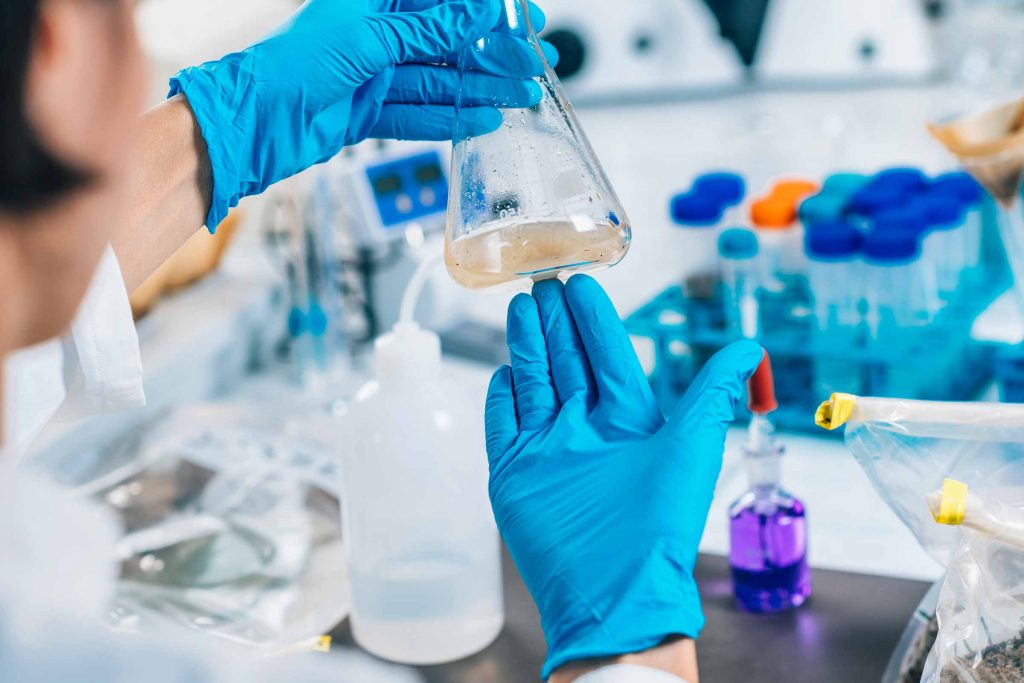
Love the great outdoors and want to make a difference in preserving it? Then this is the career in microbiology for you. You’ll analyse microorganisms in the soil, water and air to assess the health of the environment. Moreover, you’ll work on projects tackling pollution, mitigating climate change and restoring ecosystems. Put your passion for sustainability to work in government agencies, environmental organisations and research institutions.
Industrial microbiologist
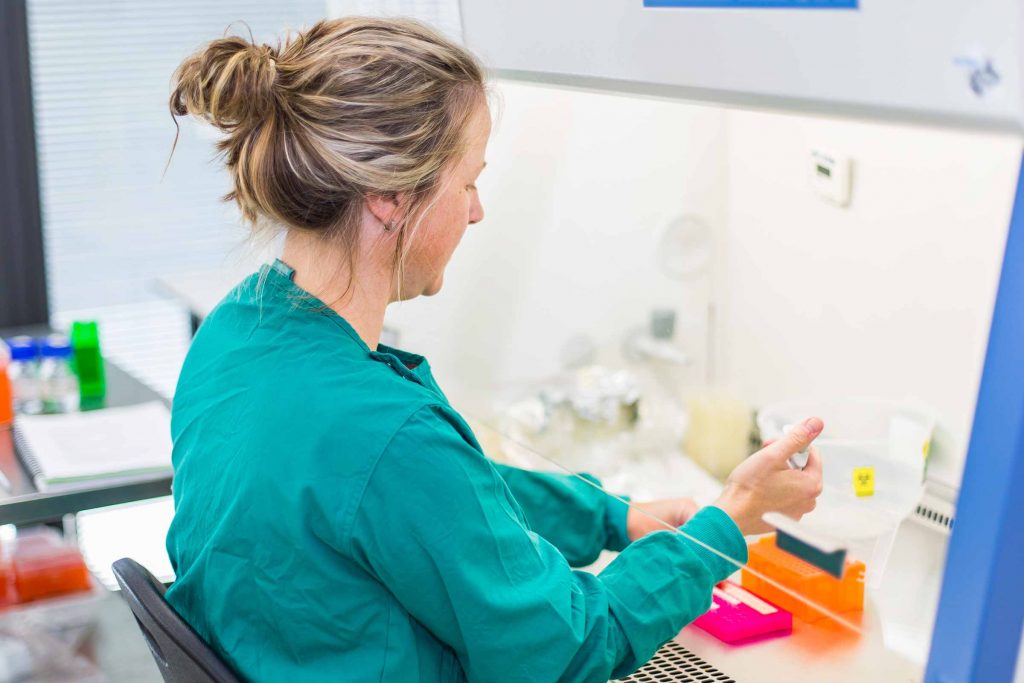
Step into the world of industry where your microbiology skills can revolutionise production processes! Industrial microbiologists ensure the safety and efficiency of products in everything from beverages and pharmaceuticals, to biofuel. You’ll optimise fermentation processes, develop new bio-products and also ensure quality control. It’s a dynamic field where science meets innovation, and your knack for solving complex problems can lead to groundbreaking advancements.
Research scientist
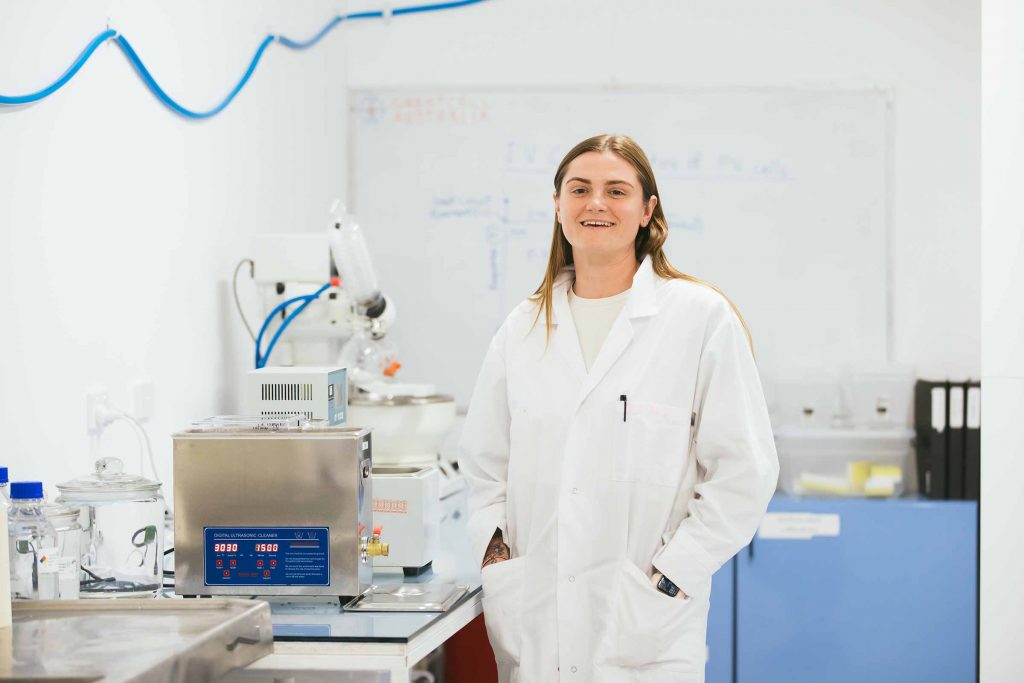
Embrace your curiosity. Research scientists conduct experiments to push the boundaries of our understanding of microorganisms. Whether you work in an academic institution, government lab or private research company, your work will contribute to scientific knowledge and innovation. This role typically requires an advanced degree. However, once you’re on the path, you’ll get to explore uncharted territories and make significant contributions to science.
Pharmaceutical microbiologist

In the world of pharmaceuticals, microbiologists play a critical role in ensuring drug safety and efficacy. You’ll work on developing and manufacturing medications, conducting rigorous tests to ensure they’re free from contaminants. This career demands key soft skills such as a keen eye for detail, a problem-solving mindset and good communication. And it’s vital for bringing safe and effective medications to market, improving health outcomes for the public.
Agricultural microbiologist

Want to play your part in advancing sustainable farming and food security? Agricultural microbiologists study soil microorganisms and their effects on crop health, develop bio-fertilisers and ecological pest control methods. This career can lead you to work in agricultural research institutes, government agencies and also agribusiness companies. With a love for the land, you’ll thrive in this field (no pun intended).
Food microbiologist
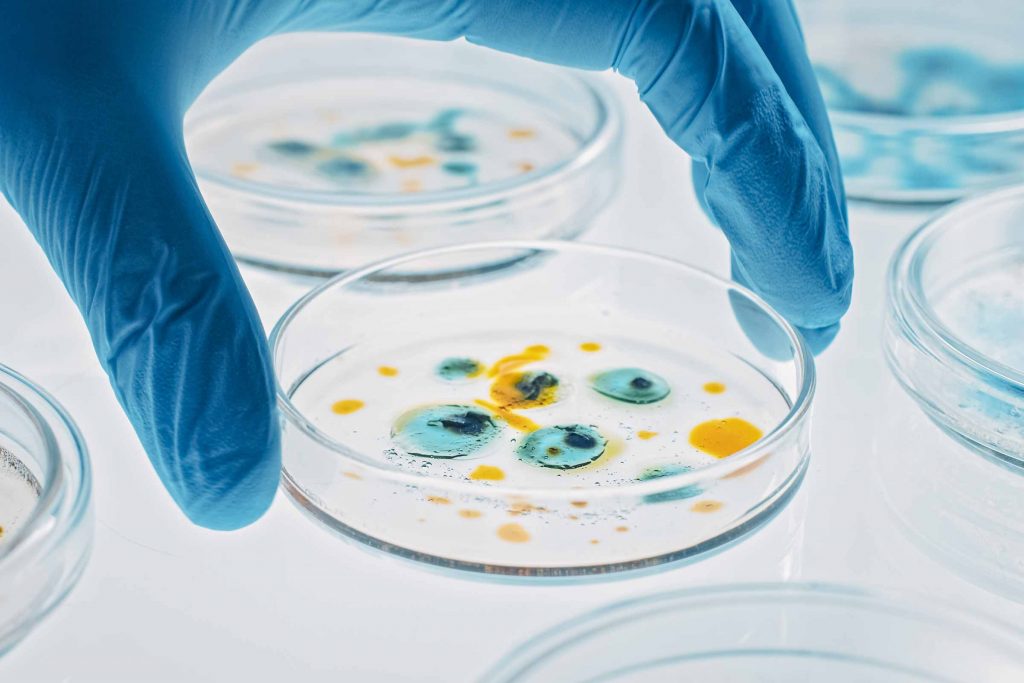
As a food microbiologist you could work testing food products for pathogens and spoilage organisms, ensuring that the food we eat is safe to consume. You could also choose to work for a food production company. That could mean refining techniques to keep harmful microorganisms out of the products. Or developing new lines that get healthy bacteria into our bodies so that we can maintain a healthy microbiome (the ecosystem of bacteria that live in our guts and help keep us feeling good). Moreover, you could work for an industry regulatory body to ensure safety across the board. Play a key role in protecting and promoting public health and also maintaining the integrity of our food supply chain.
Public health microbiologist

Protect communities from infectious diseases with a career as a public health microbiologist. Working for government health agencies and organisations, and using your strong analytical skills, you’ll conduct surveillance and track potential outbreaks, feed into the coordinated respose to minimise the effects of those outbreaks (or indeed prevent them altogether), and as a result, play a key role in ensuring public safety.
Microbiology educator
If you have a passion for teaching and inspiring others, a career as a microbiology educator could be perfect. You can teach at universities, colleges or even high schools, developing curricula and conducting engaging laboratory classes to share your knowledge about the unseen world of microorganisms. As a result, you’ll need strong communication skills and play a vital role in shaping the next generation of scientists. Moreover, they may very well go on to have their own fulfilling career in microbiology, inspired by your example.
Biotechnologist

As a biotechnologist, you’ll apply microbiological techniques to solve real-world problems in areas like genetic engineering, biofuels and synthetic biology. Working for biotech firms and research institutions, you’ll develop innovative solutions that can change the world – from curing disease to boosting sustainability. With a creative problem-solving mindset, you’ll be at the cutting edge of science, driving advancements that improve our lives and also the resilience of the environment.
The first step to a career in microbiology
So, you’ve seen just some of the diverse range of paths that a career in microbiology can take you on. And the first step on a successful career path is to secure yourself a degree. It’ll give you the solid foundations you need to thrive in any industry. Check out Charles Sturt’s Bachelor of Health and Medical Science and Bachelor of Science. In these degrees you can choose electives in microbiology alongside other essential scientific disciplines.
Keep learning, stay curious and think big when it comes to your career in microbiology.

You must be logged in to post a comment.